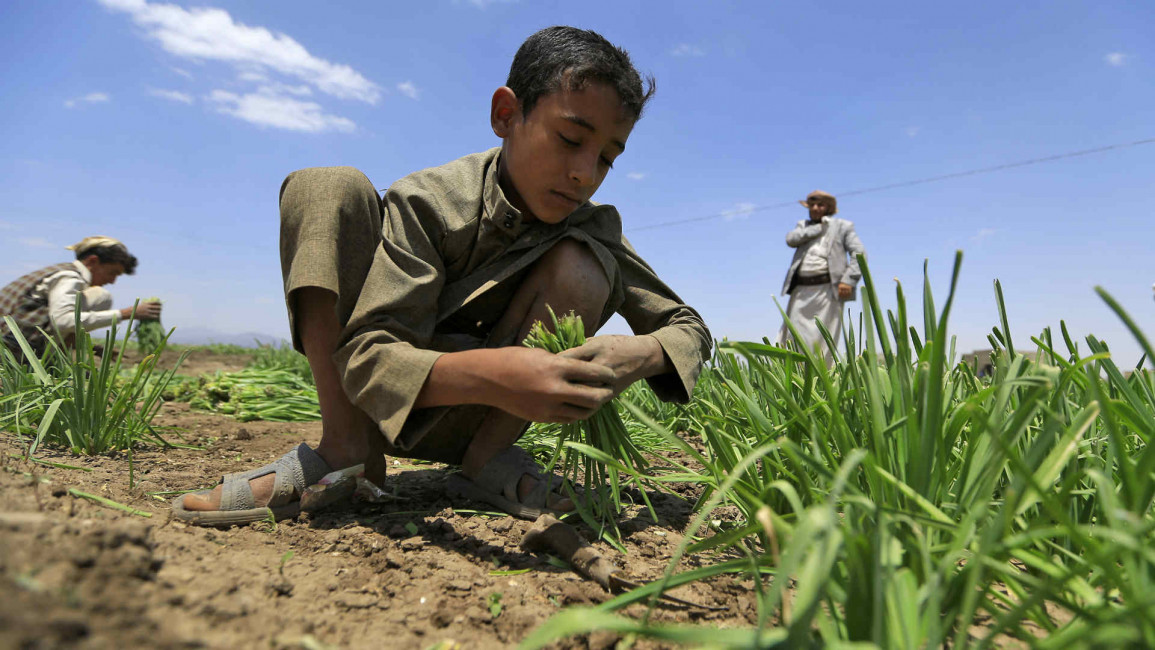Engineering famine: Saudi-led coalition 'deliberately bombing Yemen food supply', which may amount to war crime
The report, published by Yemen researcher Professor Martha Mundy and distributed by the World Peace Foundation has put together years of analysis of coalition bombing patterns that it says clearly demonstrates the "systematic" targeting of civilian, agricultural and fishing sites. It argues that this has played a major role in the mass humanitarian disaster and deadly risk of famine in the war-torn country.
The reports draws on the fact the United Nations Security Council said in May 2018 that “starvation of civilians as a method of warfare may constitute a war crime,” calling on the top UN body to investigate these crimes and hold those responsible accountable.
In the report, Mundy argues that Saudi coalition targeting of food production and distribution in Houthi-controlled areas amounts to an equally deadly form of economic warfare that is destroying livelihoods and exacerbating the chronic food shortages in danger of killing millions.
“If one places the damage to the resources of food producers (farmers, herders, and fishers) alongside the targeting of food processing, storage and transport in urban areas and the wider economic war,” she explains, “there is strong evidence that Coalition strategy has aimed to destroy food production and distribution in the areas under the control of Sanaa.”
Twitter Post
|
Data collected by the researchers show that agricultural land has been a main target of coalition strikes, despite it constituting only 3% of total land, which they argue shows the coalition is using precision to target the food supply.
Using the example of the Tihama region, what used to be the "bread basket" of the country, in 2017 it has lost half of its cultivated land and 43% of its residents were going hungry every night.
"These conditions are not a simple by-product of war; they form part of the war itself," the report argues.
The report also condemns in particular the coalition bombing during the battle for Hodeidah this summer, in which hospitals, markets, health, water and sanitation centres were targeted by strikes.
Examples it brings to light include the attack on a bus carrying women and children on August 23, which killed 26 people, and an attack on a boat carrying fishermen who had just been released after being seized and interrogated by Emirati naval forces.
Alex de Waal, the Executive Director of the World Peace Foundation, said of the report: “The increased risk of famine globally today, after decades of decline, is a result of the pursuit of military objectives and political priorities without any regard to human suffering.”
 |
These conditions are not a simple by-product of war; they form part of the war itself |  |
“Today, starvation is being inflicted on people in South Sudan, northern Nigeria, Syria, and Yemen . Yemen poses a particularly acute challenge for the United States and United Kingdom, who are key allies of Saudi Arabia, which leads the Coalition, and supporters of a war effort that systematically and repeatedly flaunts international law, destroys the national economy and devastates the civilian population.”



